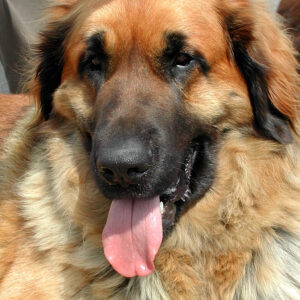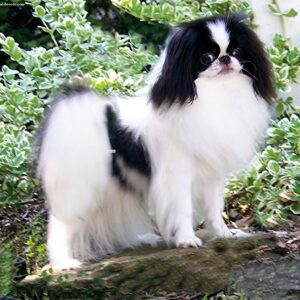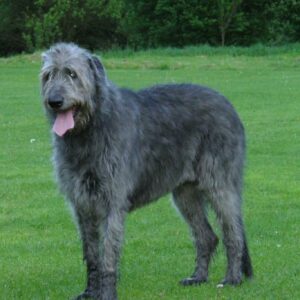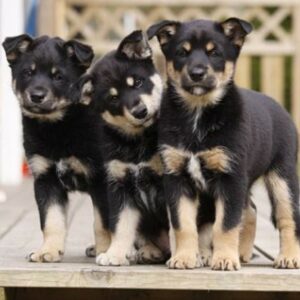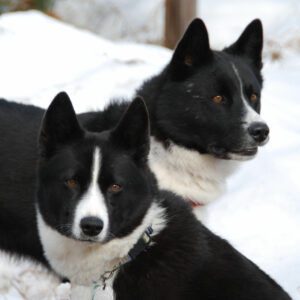Hello and welcome to our guide on the Azawakh dog breed! If you’re on this page, chances are you’re interested in learning more about these beautiful creatures. We know that pets are more than just animals – they are members of the family, and choosing the perfect one is important. That’s why we’ve put together this comprehensive guide on the Azawakh breed – from their history, characteristics, and dietary needs, to their training and health – to help you make an informed decision.
History
The Azawakh breed originates from West Africa, specifically Mali, Niger, and Burkina Faso. These magnificent dogs have been used for many generations by the Tuareg people to hunt and protect livestock. They are swift and nimble, with a lean and muscular build that enables them to run at incredible speeds for extensive periods of time. Their long legs, short hair, and lean frames make them perfectly adapted to the hot and arid climate of the Sahara Desert.
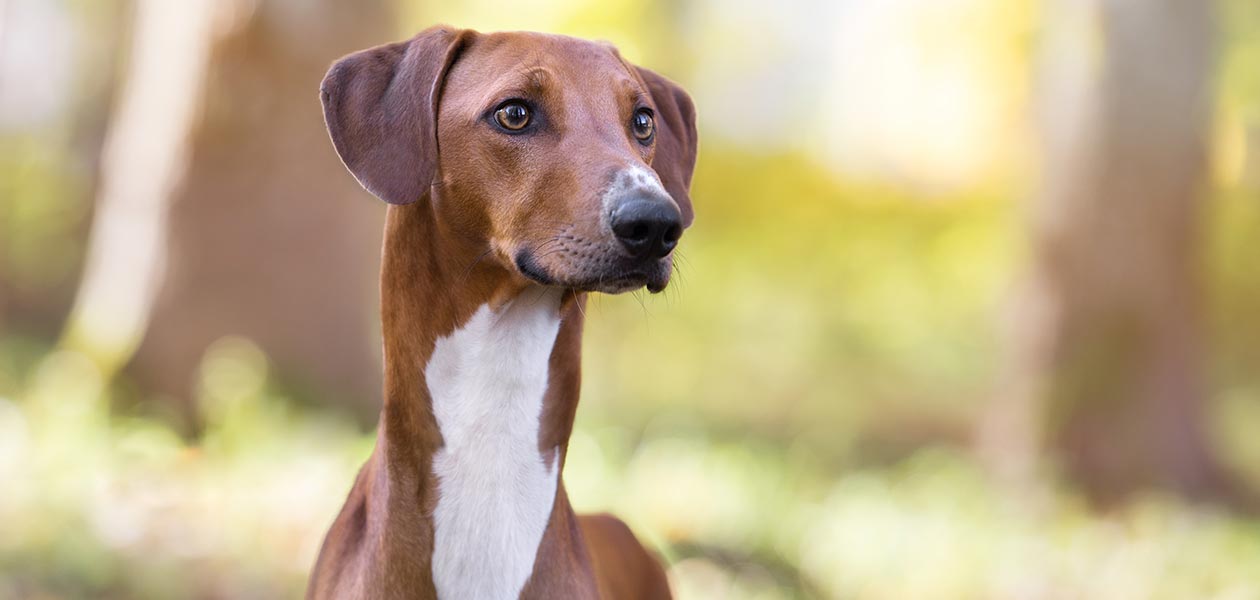
The Azawakh breed has been valued for their hunting ability and their loyalty. They were often given as gifts to royalty, and their breeding and care was taken very seriously. They are still held in high esteem by many African tribes, who consider them to be symbols of status and wealth.
It wasn’t until the 1970s that Azawakhs began to migrate to Europe and the United States, where they were bred and used predominantly as show and companion dogs.
Location of origins
The Azawakh breed originated in West Africa. Specifically, they were bred in Mali, Niger, and Burkina Faso, and are still used extensively by the Tuareg people for hunting and protecting livestock.
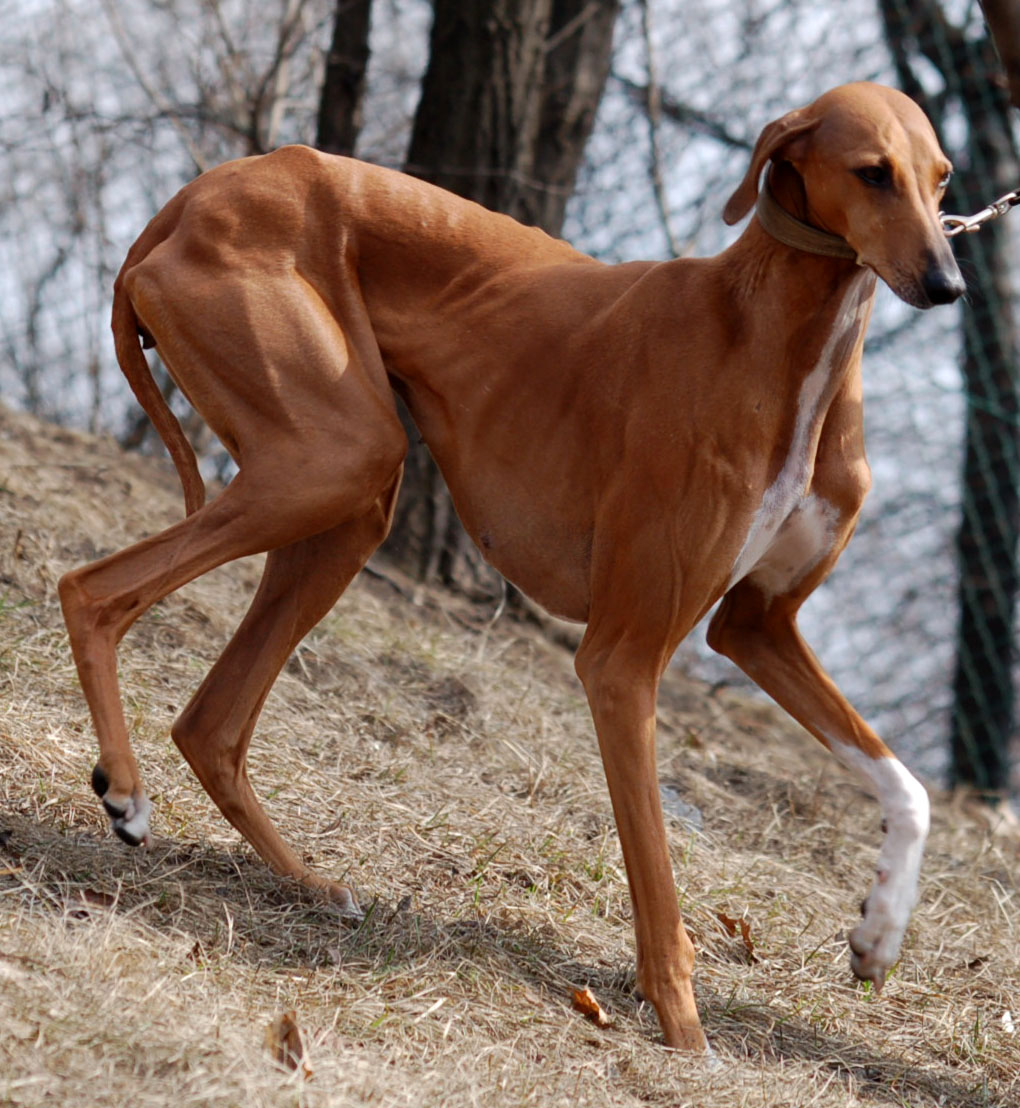
The Azawakh is a breed that is perfectly adapted to the harsh conditions of the Sahara Desert, with their thin coats and long legs that enable them to run long distances in pursuit of prey. Their keen eyesight and high intelligence make them excellent hunting dogs, and their loyalty to their owners has been valued for generations.
Since their migration to the western world, Azawakhs have become popular show and companion dogs, prized for their beauty and unique character.
Characteristics
The Azawakh breed is a majestic and noble breed, with a lean and muscular build that enables them to run at incredible speeds. They are thin, with a short coat that lies close to the body, and a long, slender tail.

These dogs are known for their athleticism, endurance, and loyalty. They are fiercely independent and brave, and require an experienced owner who can provide them with plenty of socialization and training.
Azawakhs are sensitive creatures and form strong bonds with their owners. They have a high prey drive and should be trained from an early age to prevent any unwanted behaviors. They are not recommended for families with young children, as they can be easily startled and can become nervous around unfamiliar people.
If socialized and trained properly, Azawakhs can make excellent family pets. They are loving and affectionate towards their owners and will go out of their way to protect them from danger.
Choosing the best foods
Feeding your Azawakh a healthy and nutritious diet is crucial to their overall health and wellbeing. As with all breeds, it is recommended that you choose a high-quality, premium dog food that is rich in protein and essential nutrients.

When selecting a food for your Azawakh, it is important to keep in mind their age, weight, and activity level. Puppies will require more protein and calories than adult dogs, while older dogs will need less. It is also important to choose a food that is appropriate for your dog’s size, as too many calories can lead to weight gain and health problems.
You should also avoid feeding your Azawakh any human food, as this can cause digestive problems and other health issues.
If you are unsure of what to feed your Azawakh, consult with your veterinarian, who can recommend a specific diet that is tailored to your dog’s individual needs.
Training
Training your Azawakh is essential to ensure that they are well-behaved and obedient. As previously mentioned, Azawakhs are fiercely independent, so it is important to start training them from a young age to establish a strong bond with them.

It is recommended that you use positive reinforcement training techniques, such as treats and plenty of praise, as this will ensure that your Azawakh responds well to training. Consistency is key, and you should establish clear boundaries and rules from the beginning.
Regular socialization is also important, as this will help your Azawakh become comfortable around unfamiliar people and animals. Taking your Azawakh to puppy classes and dog parks can be a great way to achieve this.
Remember to always be patient and consistent with your training, and to remain positive and encouraging, even when your Azawakh isn’t getting it right. With time and dedication, your Azawakh will become a well-trained and obedient member of your family.
Taking care
Like all breeds of dog, Azawakhs require regular grooming and care to keep them healthy and happy. They are relatively low maintenance, with their short coats requiring only occasional brushing and bathing.

Regular exercise is also important, as Azawakhs are highly active dogs that require plenty of physical activity. They are natural runners, so taking them on daily runs or allowing them to run in open spaces is an important part of keeping them happy and healthy.
Finally, regular veterinary check-ups are crucial to ensure that your Azawakh remains in good health. Your veterinarian can monitor your dog’s health and catch any potential problems before they become serious.
FAQs
Are Azawakhs good with children?
Azawakhs are generally not recommended for families with young children, as they can be easily startled and can become nervous around unfamiliar people. However, if socialized properly, they can make excellent family pets.
What is the average lifespan of an Azawakh?
Azawakhs typically live for around 10-12 years.
Are Azawakhs easy to train?
Azawakhs are known for their independence, which can make training them challenging. However, with proper socialization and consistent, positive reinforcement training, Azawakhs can become well-trained and obedient dogs.
Conclusion
The Azawakh breed is a truly unique and beautiful breed, with a rich history and unique characteristics. They are loyal, brave, and independent dogs that require an experienced owner who can provide them with plenty of socialization, training, and love.
Feeding your Azawakh a healthy and nutritious diet, providing them with plenty of exercise and veterinary care, and training them from a young age are all key to keeping them happy and healthy. With time and dedication, your Azawakh will become a beloved member of your family, and will bring you years of joy and companionship.

